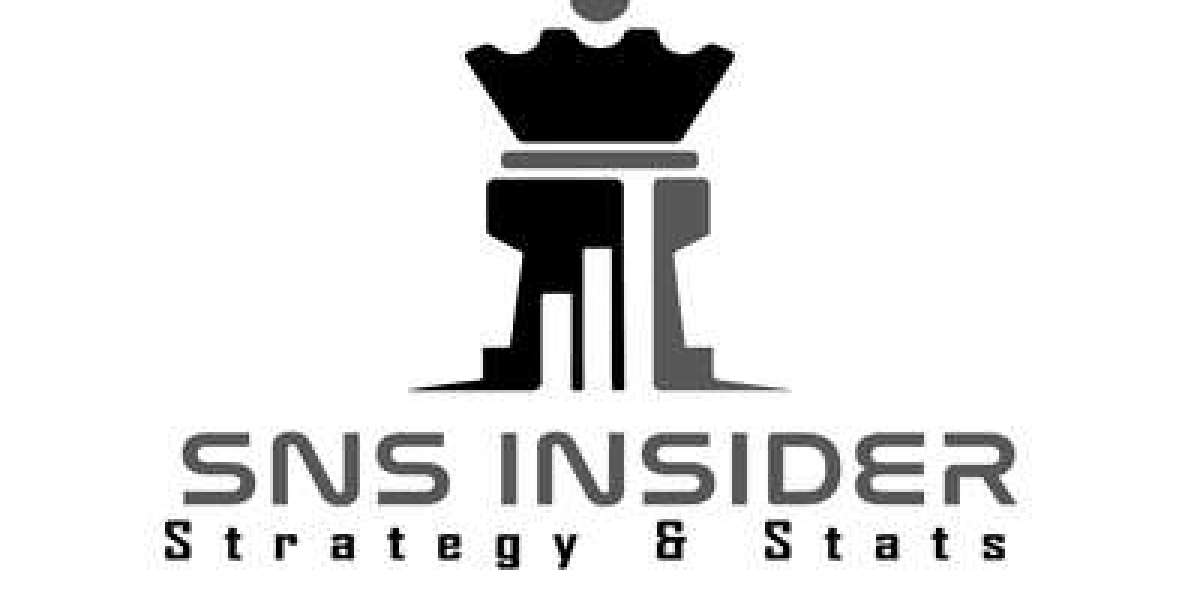Choosing an online counselor for depression requires careful consideration of their qualifications, credentials, and the effectiveness of their approach. Here’s a comprehensive guide to help you make an informed decision.
Importance of Qualifications
When seeking online counseling for depression, the qualifications of the counselor play a crucial role in the quality of care you receive:
Licensed Therapists:
Ensure the counselor is licensed to practice therapy in their jurisdiction. This validates their education, training, and adherence to ethical standards.
Specialization in Depression:
Look for counselors who specialize in treating depression. They should have specific training and experience in evidence-based therapies for depression, such as Cognitive Behavioral Therapy (CBT) or Interpersonal Therapy (IPT).
Educational Background
Understanding the counselor’s educational background provides insight into their expertise:
Degrees in Counseling or Psychology:
Look for counselors with a Master’s or Doctoral degree in counseling, psychology, or a related field. These degrees indicate specialized training in mental health treatment.
Continuing Education:
Check if the counselor participates in continuing education programs to stay updated on the latest research and therapeutic techniques for depression.
Experience in Treating Depression
Experience is crucial in effectively addressing depression through online counseling:
Years of Practice:
Consider counselors with several years of experience treating depression. Experience often correlates with proficiency in identifying symptoms, developing treatment plans, and facilitating therapeutic progress.
Client Demographics:
Inquire about the counselor’s experience with clients who have similar demographics or specific needs related to depression.
Evidence-Based Treatment Approaches
Effective online counselors for depression employ evidence-based treatment approaches:
Cognitive Behavioral Therapy (CBT):
CBT is widely recognized for its effectiveness in treating depression. Look for counselors trained in delivering CBT techniques to help you challenge negative thought patterns and behaviors.
Interpersonal Therapy (IPT):
IPT focuses on improving relationships and communication skills, which can be beneficial for individuals experiencing depression related to interpersonal conflicts or life transitions.
Mindfulness-Based Approaches:
Counselors incorporating mindfulness techniques can help you develop coping strategies to manage depressive symptoms and improve overall well-being.
Ethical Standards and Professional Membership
Counselors should adhere to ethical guidelines and belong to professional organizations:
Ethical Guidelines:
Verify if the counselor follows ethical standards set by national or international counseling associations. This ensures confidentiality, respect for client autonomy, and responsible practice.
Professional Memberships:
Membership in organizations such as the American Counseling Association (ACA) or the British Association for Counselling and Psychotherapy (BACP) indicates commitment to professional development and adherence to ethical standards.
Availability and Accessibility
Consider logistical factors when selecting an online counselor for depression:
Availability:
Ensure the counselor offers appointments at times convenient for your schedule and time zone, especially for international online counseling.
Communication Platforms:
Verify the secure platforms used for online sessions to protect your privacy and confidentiality during counseling.
Positive Reviews and Recommendations
Client testimonials and referrals can provide valuable insights into the counselor’s effectiveness:
Reviews:
Read online reviews and testimonials from previous clients to gauge their satisfaction with the counselor’s approach and outcomes.
Referrals:
Seek recommendations from trusted sources, such as healthcare providers or friends who have benefited from online counseling for depression.
Personal Connection and Comfort Level
Building a trusting relationship with your counselor is essential for effective therapy:
Initial Consultation:
Many counselors offer a free initial consultation. Use this opportunity to assess your comfort level with the counselor’s demeanor, communication style, and therapeutic approach.
Cultural Competence:
Consider counselors who demonstrate cultural competence and sensitivity to your background, values, and beliefs.
Flexible Treatment Plans
Look for counselors who tailor treatment plans to your individual needs and preferences:
Collaborative Approach:
Choose counselors who involve you in developing goals and treatment strategies based on your specific symptoms and challenges related to depression.
Flexibility:
Counselors who offer flexibility in session frequency, duration, and therapeutic modalities can accommodate your evolving needs during the treatment process.
Cost and Insurance Coverage
Evaluate the cost of online counseling sessions and explore insurance coverage options:
Fees:
Inquire about session fees and payment methods accepted by the counselor. Some therapists offer sliding scale fees based on income.
Insurance:
Check if the counselor accepts insurance for online therapy sessions. Verify coverage details and reimbursement options for out-of-network providers if applicable.
Conclusion
Choosing an online counselor for depression involves assessing their qualifications, experience, treatment approach, ethical standards, and compatibility with your needs. By prioritizing these factors and conducting thorough research, you can find a qualified counselor who offers effective online counseling for depression, helping you navigate challenges and improve your mental health and well-being.







